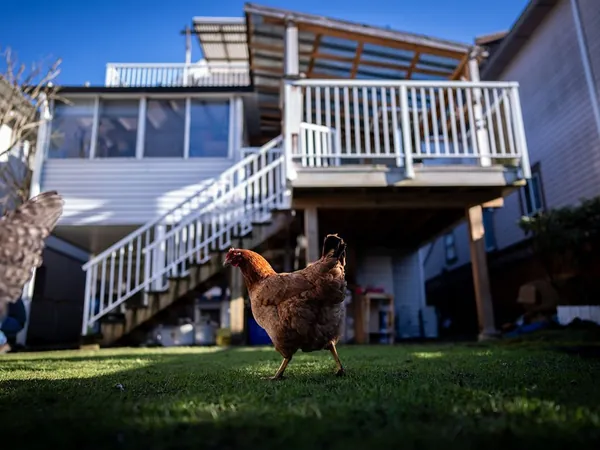
Keeping Chickens Safe: Vancouver Residents on High Alert Amid Avian Flu Outbreak
2025-01-20
Author: Michael
Keeping Chickens Safe: Vancouver Residents on High Alert Amid Avian Flu Outbreak
In the vibrant neighborhoods of East Vancouver, urban chicken keepers are taking extraordinary precautions to protect their feathered friends against the looming threat of avian flu. Meet Lumpy Eye, a beloved seven-year-old Bovan Brown hen, who is currently isolated in her coop under the watchful eye of her owner, Duncan Martin. Despite her friendly disposition and a long list of neighborhood admirers, Lumpy Eye is now safeguarded from potential encounters with wild birds, which may carry the dangerous H5N1 strain of avian influenza.
Vancouver has seen a surge of backyard chicken ownership since 2010, with 184 registered flocks now calling the city home. However, the recent deadly outbreak of avian flu in British Columbia has prompted chicken enthusiasts like Martin to implement strict biosecurity measures. “We keep her in her run, so she’s fully protected,” Martin stated, emphasizing the critical steps he’s taking to prevent any potential contamination.
The avian flu crisis has escalated alarmingly, with over 8.5 million birds culled across British Columbia as health authorities strive to control the virus's spread. Furthermore, the risk isn't limited to animals; human infection cases have emerged. A tragic incident in Louisiana recently saw the first human death from bird flu in the U.S., raising fears among poultry owners across North America.
In British Columbia, a teenage girl became critically ill last November due to H5N1, sparking concern among health officials. Although the City of Vancouver reports no current infections among the registered flocks, Pinder Rehal, a city spokesperson, acknowledged the “real and present risk” posed by the virus to backyard chickens.
Despite the relatively low incidence among backyard flocks, the Canadian Food Inspection Agency has reported outbreaks in 15 small-scale poultry farms last year, with incidents including four cases in B.C. This alarming trend has caused many local poultry keepers to rethink practices to safeguard their birds against possible exposure.
B.C.'s chief veterinarian, Dr. Theresa Burns, has issued crucial advice, highlighting the importance of cleanliness and dry environments for backyard birds. She suggests the safest method is to keep chickens indoors, reducing their exposure to potential risks from wild birds during this precarious time.
Additionally, hygiene is paramount. Burns recommends that chicken owners change clothes and shoes and wash their hands thoroughly after walking in places where domestic or wild birds are present. Meanwhile, care must be taken to manage poultry feed to avoid attracting wild birds, which can carry the virus.
North America is currently experiencing a significant avian flu crisis, especially along the Pacific flyway migration path—where many wild birds travel. Samples gathered from local wetlands indicate severe contamination levels, raising alarms about the environment's role in spreading H5N1.
As urban farmers remain vigilant, the community's love for backyard chickens continues to thrive, tempered by the sobering understanding of the ongoing avian flu risk. Awareness and proactive measures will be essential for keeping these cherished pets safe during this trying period. Are you a chicken owner in Vancouver? What steps are you taking to protect your flock?
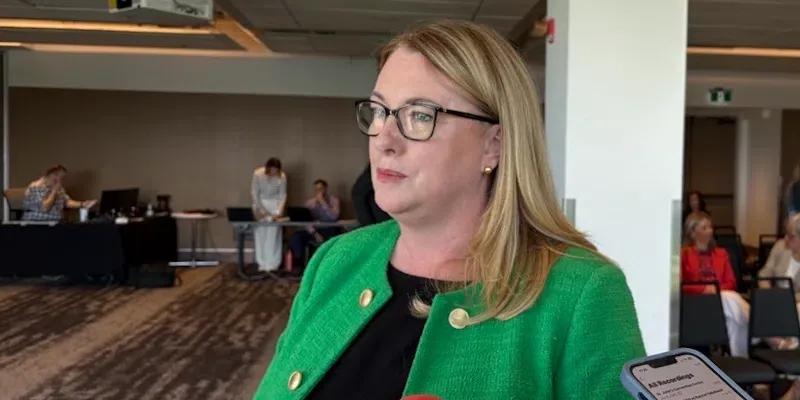

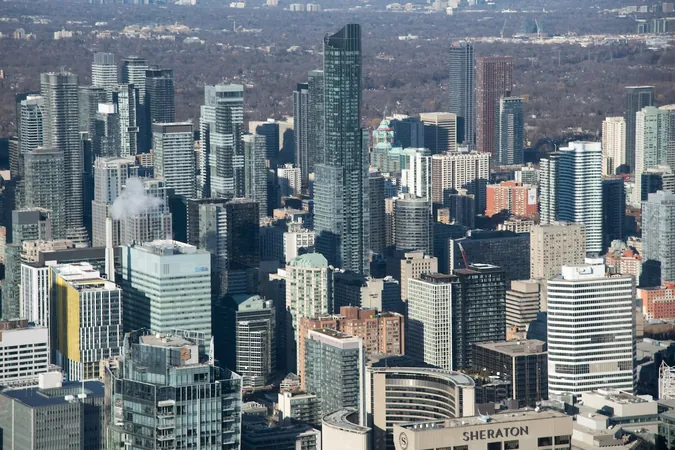
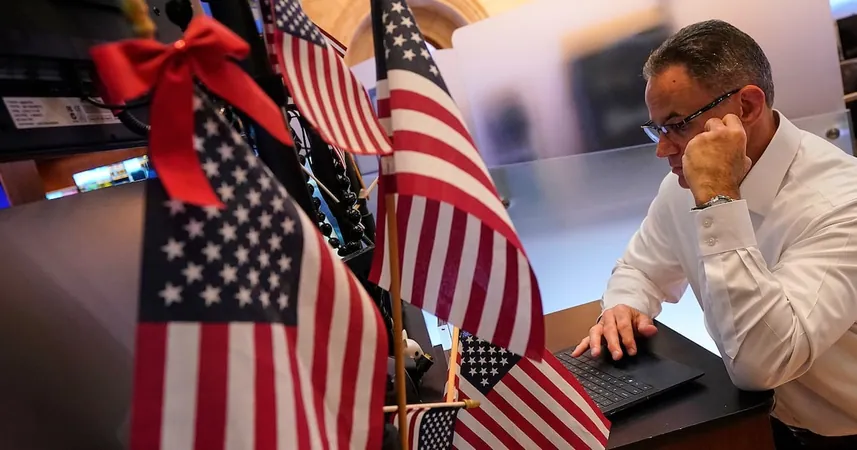
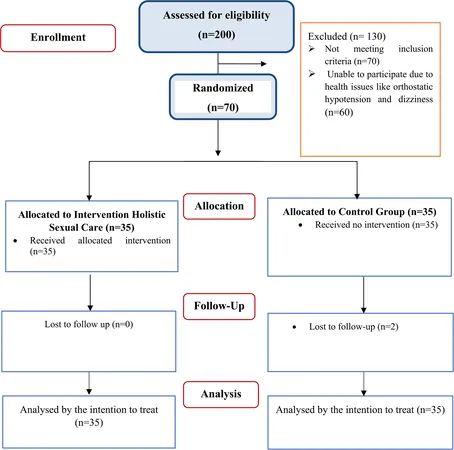



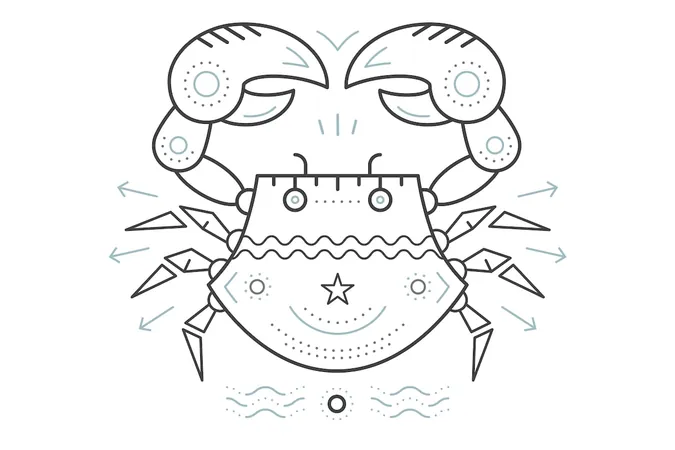
 Brasil (PT)
Brasil (PT)
 Canada (EN)
Canada (EN)
 Chile (ES)
Chile (ES)
 Česko (CS)
Česko (CS)
 대한민국 (KO)
대한민국 (KO)
 España (ES)
España (ES)
 France (FR)
France (FR)
 Hong Kong (EN)
Hong Kong (EN)
 Italia (IT)
Italia (IT)
 日本 (JA)
日本 (JA)
 Magyarország (HU)
Magyarország (HU)
 Norge (NO)
Norge (NO)
 Polska (PL)
Polska (PL)
 Schweiz (DE)
Schweiz (DE)
 Singapore (EN)
Singapore (EN)
 Sverige (SV)
Sverige (SV)
 Suomi (FI)
Suomi (FI)
 Türkiye (TR)
Türkiye (TR)
 الإمارات العربية المتحدة (AR)
الإمارات العربية المتحدة (AR)